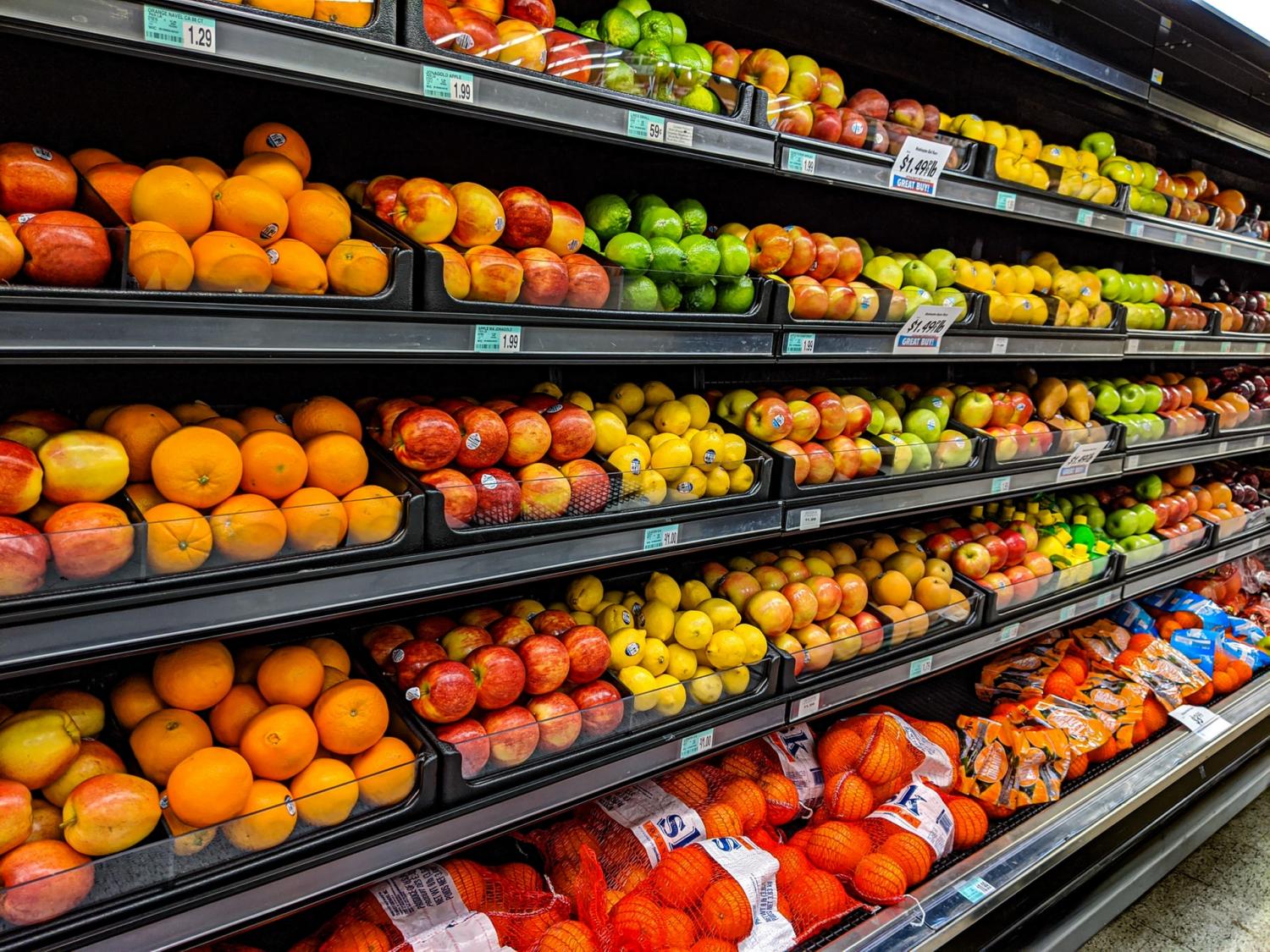
I wouldn’t call it a massive sea change, but as of this morning, we have definitely seen a shift in how the largest retailers in the U.S. are approaching paid sick leave. The U.S. business community has long balked at the thought of mandating paid sick leave, viewing it as too high of a cost for companies. But now, the stark reality of the COVID-19 crisis has shown that the public health risks are far too great to quibble over paying people, at a minimum, a couple weeks to stay home and be safe.
Paid sick leave can’t be about the ledger anymore
This shout-out highlighting our retail clerks by no means dismisses the sacrifice made by the medical professionals who are keeping us safe and healthy against daunting odds; face it there is no shortage of news coverage that is as inspirational as it is heartbreaking.
But going back to our retail clerks, whether they are at the world’s largest big-box chains or at the little family-owned Armenian delis here in my city, all are providing a vital service. At a most basic level, they are offering a sense of normalcy and routine at a time that is far from normal. If you feel annoyed by the empty store shelves or long lines, remember you’re not the one standing, face-to-face, with 20 or more people an hour.
And until this past week, many of these workers lacked the most basic of protections. But that’s changing. Some of this is due to such independent journalists as Judd Legum, who has been relentless in calling out supermarket chains for their lack of paid sick leave protections. Here at TriplePundit, we’ve had Tina Casey hold CEOs’ feet to the fire. “Panic-fueled shopping has become the rule of the day as COVID-19 spreads across the U.S., exposing yet another gaping hole in national leadership,” Casey wrote last week.
The bottom line: We believe business can lead where government fails. But we need to see more of it.
More retailers are stepping up
Here’s a few examples of the changes we’ve seen within the retail sector during recent days. To be fair, this is not an exhaustive list. And at a minimum, it shows an acknowledgement from executive leadership that the long hours these workers put in, with the massive angst they feel, matter.
Publix will offer full-time employees an additional 80 hours of “emergency pandemic pay,” while part-time employees now have a two-week paid sick leave benefit.
Texas-based H-E-B said it will give all retail, warehouse and transport employees a $2 boost in hourly pay. The grocery chain also serves as an example of how companies can communicate what they are doing during this crisis — take a look here. The company has also promised any of their employees who are affected by the crisis will be paid. "They were the first in the area to shorten their hours to give their workers time to restock and rest," noted 3p’s Kate Zerrenner.
Target has temporarily boosted its hourly rate by $2 an hour, and it's giving bonuses from $250 to $1,500 to 20,000 hourly employees. Workers over the age of 65, those who are at risk due to other medical conditions, and pregnant employees have access to up to 30 days of paid leave.
In addition to hiring as many as 150,000 more hourly employees, Walmart said it will distribute as much as $545 million in bonuses for its workers — which maxes out at $300 for an individual employee. Employees diagnosed with COVID-19 or who need to be quarantined due to exposure to the coronavirus will get up to two weeks paid sick leave and will not have to touch their regular allotment of sick time.
Keep your eyes on the food industry’s wider supply chain
Far more action is needed though, and we haven’t even taken a deep dive into the wider supply chain in the global food industry. Bloomberg is one outlet exploring this challenge, one that should worry us. And while many companies are promising million-dollar pledges, the stubborn fact is that what seems to be largess doesn’t amount to much when you break down that sum on a per-employee, or should we say, a per-human-being basis. We need to ensure the people who process and package the food that ends up on our store shelves are protected, too.
We here at 3p will do what we can to keep retailers accountable. In the meantime, at least smile at, and thank profusely, your local stores’ clerks. Small gestures of goodwill go a long way.
Editor's note: 3BL Media realizes many organizations have not budgeted for communicating their response to COVID-19. 3BL believes it’s important to help these purpose-driven organizations share how they're working to keep their customers, employees and communities safe. Organizations with press releases that fall into this category should feel free to submit them to COVID19@3blmedia.com for distribution over the CSRwire network at no charge.
Image credit: Unsplash

Leon Kaye has written for 3p since 2010 and become executive editor in 2018. His previous work includes writing for the Guardian as well as other online and print publications. In addition, he's worked in sales executive roles within technology and financial research companies, as well as for a public relations firm, for which he consulted with one of the globe’s leading sustainability initiatives. Currently living in Central California, he’s traveled to 70-plus countries and has lived and worked in South Korea, the United Arab Emirates and Uruguay.
Leon’s an alum of Fresno State, the University of Maryland, Baltimore County and the University of Southern California's Marshall Business School. He enjoys traveling abroad as well as exploring California’s Central Coast and the Sierra Nevadas.














